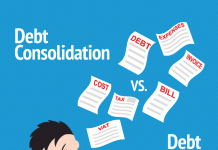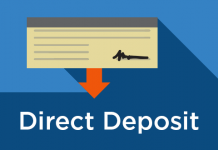Life insurance has taken quite a hit over the years as some overly aggressive agents sell inappropriate products to clients who either can’t afford it or the policy does not suit their needs.
Amy Danise points out that “A 2016 report by LIMRA, an insurance research organization, revealed that ownership of individual life insurance has fallen to a 50-year low in the United States: 30 percent of households (35 million) have no life insurance coverage at all.”[1]
Purpose of Life Insurance
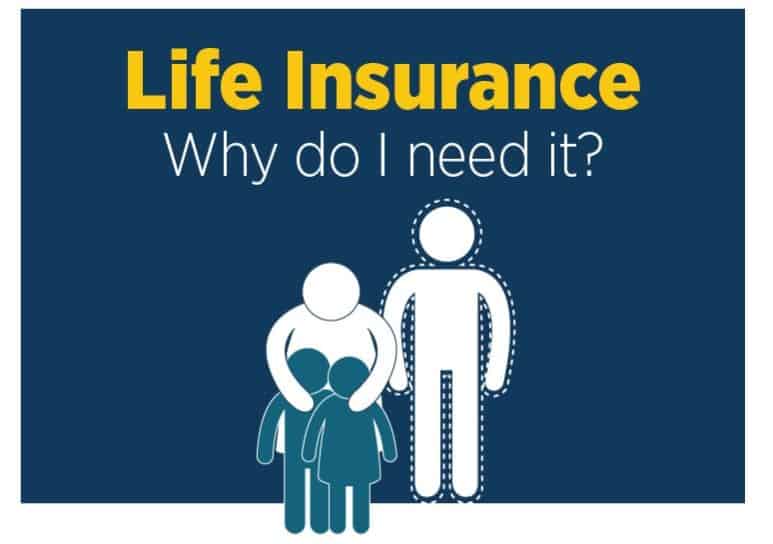
It appears that the real purpose of life insurance has been lost in the pursuit of commissions, team building and sales quotas. The purpose of insurance is simply to protect against a possible loss.
If you die today, how will your family survive financially? What if you are a full-time mother who works at home, how will it impact your family if you died? I know that many people do not want to think about death.

But the reality is that we are going to die one day. We all know that we will stop working one day and plan for that. We should plan for our death in the same manner.
Personal life insurance exists to assist people in the following ways:
- Survivor Protection
- Estate Creation and Conservation
- Cash Accumulation (Living Benefits)
- Debt Protection
Survivor Protection
Survivor protection is used to insure the loss of a primary wage earner. Married couples purchase policies to cover their families in case one spouse dies suddenly to prevent the family from going into financial ruin. This is especially important with two-earner households where both incomes are needed to meet living expenses.

This type of protection is also beneficial for single parents who need to provide financially for the care of their children or for parents of children with disabilities to provide resources to continue their care.
It is important to accurately determine the amount of resources needed to cover your expenses. Your agent should be able to help you calculate this or you can use some online tools to help you determine how much coverage you need.

Estate Creation and Conservation
Did you know that opening a life insurance policy creates an instant estate? Well it does. Some middle class families may not think about needing an estate, but why not? You have things that you may want to bequeath and may want to bless others by leaving an inheritance. According to Kiplinger’s Estate Planning, “Life insurance is a relatively inexpensive way to leave someone a substantial amount of money.”

If you have an existing estate, you may also use life insurance to pay for certain estate taxes so that loved ones will not have the burden of paying them or they will not be deducted from the estate itself.
But you should also make sure that you have a legal will that is registered within your state, city or county. Other estate planning tools include living trusts, retirement accounts, investment accounts, payable on death account (POD), custodial accounts and inter vivos.

Cash Accumulation (Living Benefits)
Then there is the whole life insurance policy that allows you to build cash value or living benefits. Living benefits are beneficial if you become terminally ill or if you need extra money for retirement or college funds for your children.
While some policies require you to pay the money back or deduct it from your death benefit, it is still a good investment. The money did not go to waste; it was used for a good purpose and think what would have happened if you didn’t have the money available.

You should invest in a variety of savings or investment opportunities and not rely solely on the living benefits of your whole life policy. But with proper planning and management a good whole life policy can be a good investment.
Debt Protection
More commonly referred to as Mortgage Protection, you can purchase life insurance that will pay off your mortgage or debts.
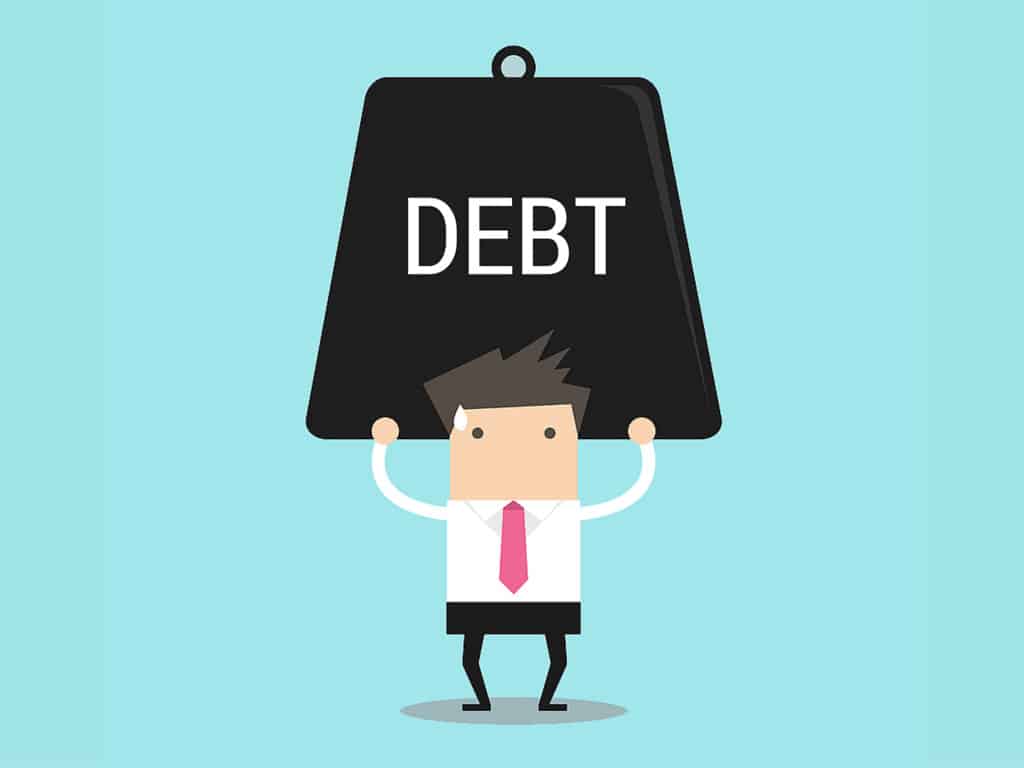
This is beneficial for married couples and single parent families who want to ensure that their family has a place to live and will not loose their home due to the absence of their income.
It is important to do your homework when shopping for a policy to protect your debts as the terms may vary. Many have declining benefits over the years of the policy so you want to make sure you get enough coverage and the most suitable policy for your situation.
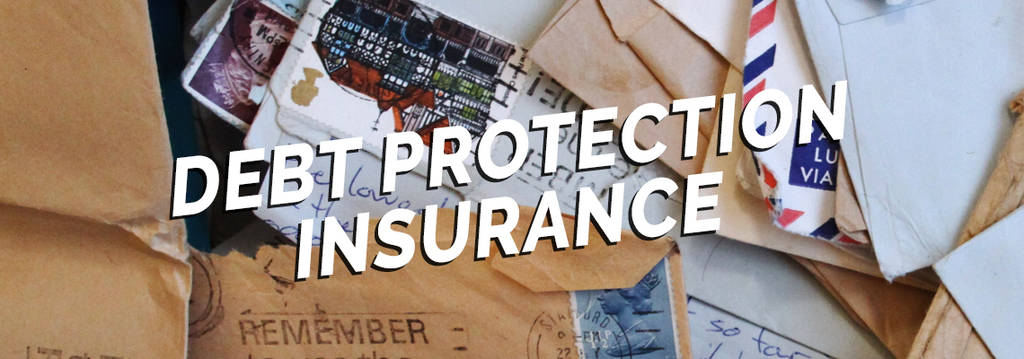
Insurance is an important part of planning for the future. Get educated on what is available and how the proper insurance can benefit you. Use online tools from independent sites that are not affiliated with specific insurance companies, like Insure.com or read other articles in the life insurance section of our website.
If someone wants to present insurance products to you, do your own research on the products before signing on the dotted line to make sure that they will adequately serve your needs. Ask many questions especially about terms and the contract.
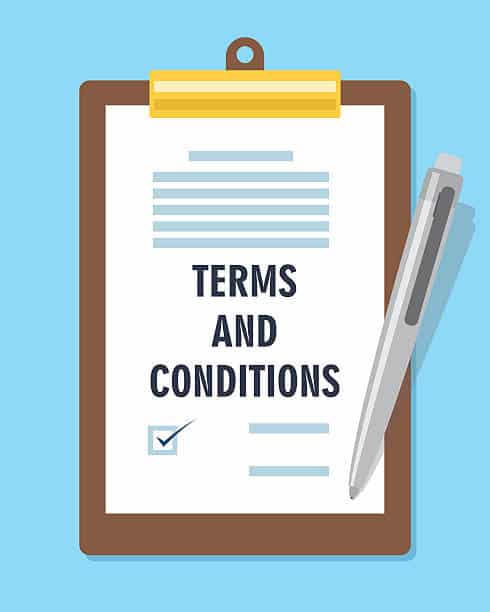
Make sure everything is clear and shop around because they are not the only company offering insurance. But most importantly ask yourself, how much is your life worth? Is it worth not investing in insurance at all? No, you are worth the investment, so start shopping today.



